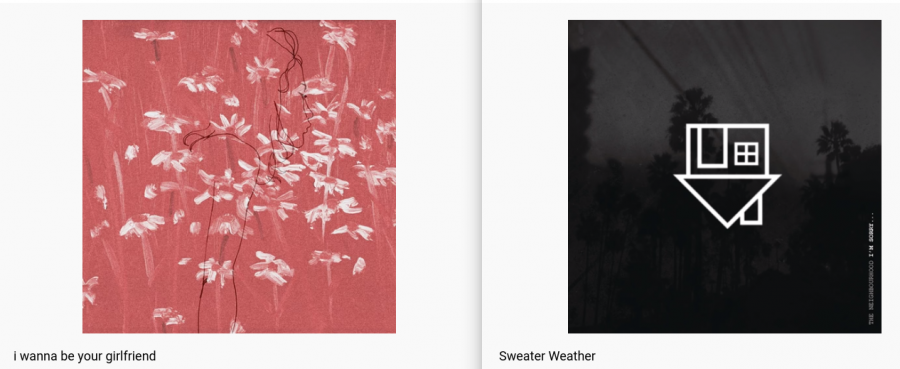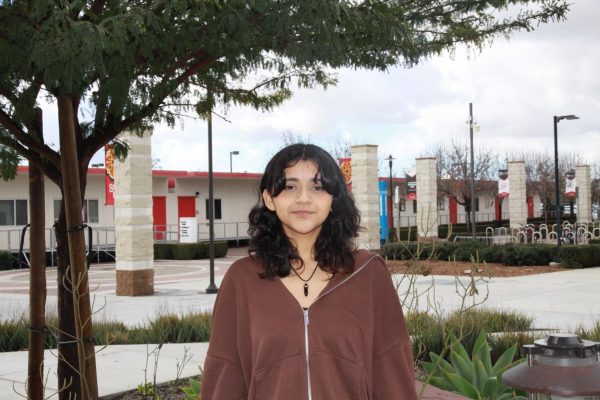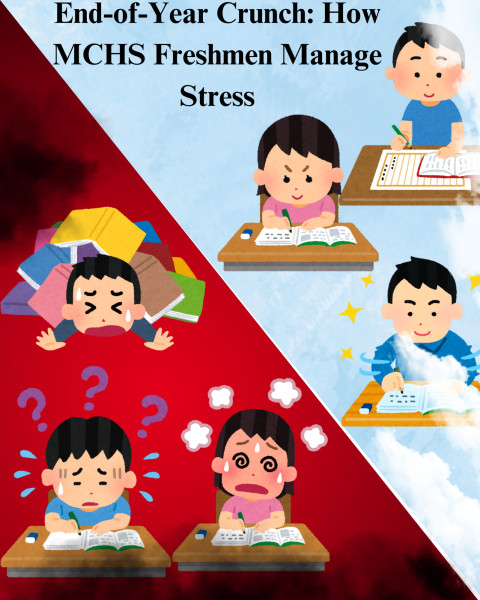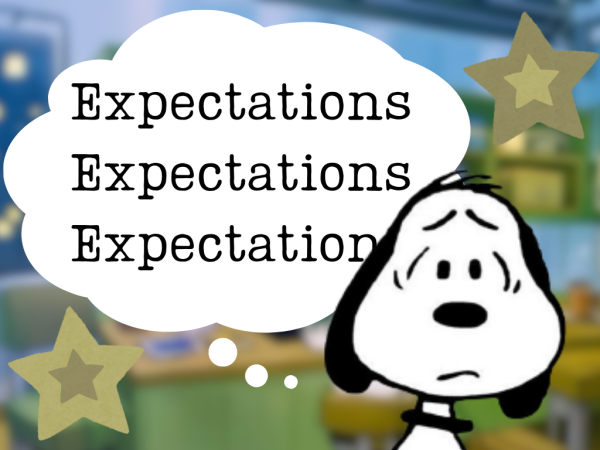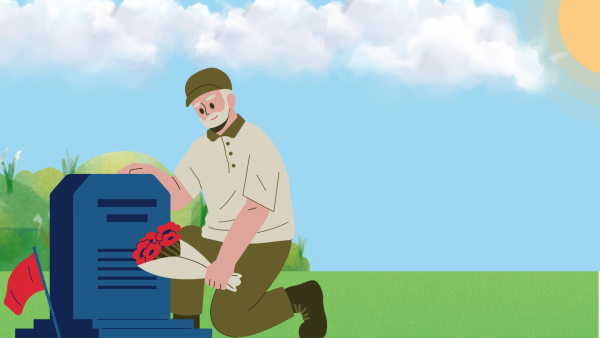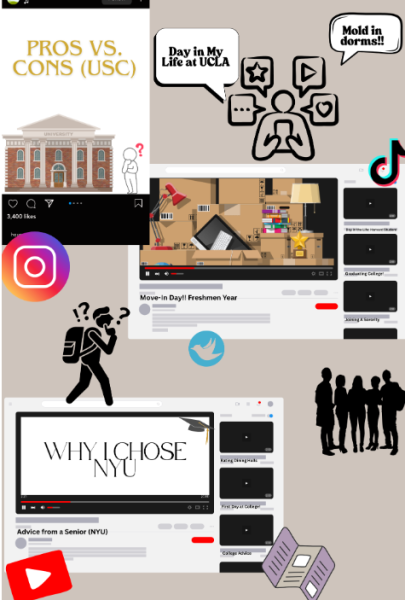TikTok users create coded phrases “Girl in Red” and “Sweater Weather” for the LGBTQ community
Girl in Red’s songs and “Sweater Weather” resonate with the LGBTQ community.
TikTok, along with other social media platforms, have become places where people can express themselves. However, TikTok users have created a discreet way to ask someone about their sexual orientation. They’ve come up with the code phrases, “Do you listen to Girl in Red?” and “Do you listen to Sweater Weather?” While we live in a society that accepts and encourages LGBTQ people to be “out,” there are those who prefer this hidden way to communicate their identity.
“Girl in Red is an openly queer artist whose music is targeted for girls who like girls. Sweater Weather is part of every bisexual’s awakening,” sophomore Aymee Marin said. “It’s like a low-key way to be able to determine if someone if you can go for someone. More specifically, ‘Girl in Red’ is targeted for girls who like girls.”
Girl in Red is an openly queer icon who is known for her single, “I Wanna Be Your Girlfriend,” as well as other songs that are also about girls. She’s become very popular and widely known so asking someone “Do you listen to Girl in Red?” is code for “Are you, as a girl, attracted to other girls?” While the artist is pleased about her music becoming a representative for queers, she also believes her music can be listened to by anyone because feelings are universal and music doesn’t have a sexuality.
Using these codes is also a way of telling someone your sexual orientation without using labels; it’s a safer and respectful way of asking someone. Not all people are comfortable or like LGTBQ terms to identify with, so they can just use these codes. They can also identify as queer because the word describes sexual and gender identities other than straight and cisgender. Therefore, lesbian, gay, bisexual, and transgender people may all identify with the word queer. In fact, Girl in Red identifies as queer because she dislikes the label “lesbian.” Other people, like her, don’t like the label lesbian because it’s often associated with being stereotypically feminine such as wearing make-up, dressing a certain way, or even acting in a certain way.
The phrase “Do you listen to Sweater Weather?” is code for “Are you bisexual?” “Sweater Weather” is a song by The Neighborhood and is known as the bisexual anthem. Their band does not have any members that are openly part of the LGTBQ community. However, it is a stereotype that this song is in every bisexual’s playlist. The song has also become the bisexual anthem because of its lyrics. The speaker announces that they’re a man in the beginning, but the lyrics are filled with intimate details that could apply to relationships that consist of any genders.
These coded phrases have become popular and helpful for people who are curious about someone’s sexuality. Some people may think it’s cool and interesting, while others are confused about it.
“I think it’s confusing, people should be straightforward instead of confusing someone with these phrases. Especially for those who don’t have TikTok or aren’t familiar with those phrases,” said sophomore Brianna Bustamante.
“I think it’s pretty cool because not all of us are out to our parents, so using these phrases is a way to keep it a secret,” said Marin.
“I think it’s cool because so much stuff is designated for straight people and this gives LGTBQ people their own little thing,” said sophomore Valerie Chavez.
“It’s not as straightforward. It’s a discreet way to ask someone about their sexual orientation to not offend someone or be rude about it,” said sophomore Carol Perez.
Gender stereotypes are always changing. We live in a society that’s more accepting and open-minded. There may be these stereotypes about listening to certain artists, but at the end of the day, music is music.
“Gender is a social construct. Sexuality is different. You get to choose a gender you’re comfortable identifying with whereas you can’t choose who you’re attracted to,” Marin said.
































